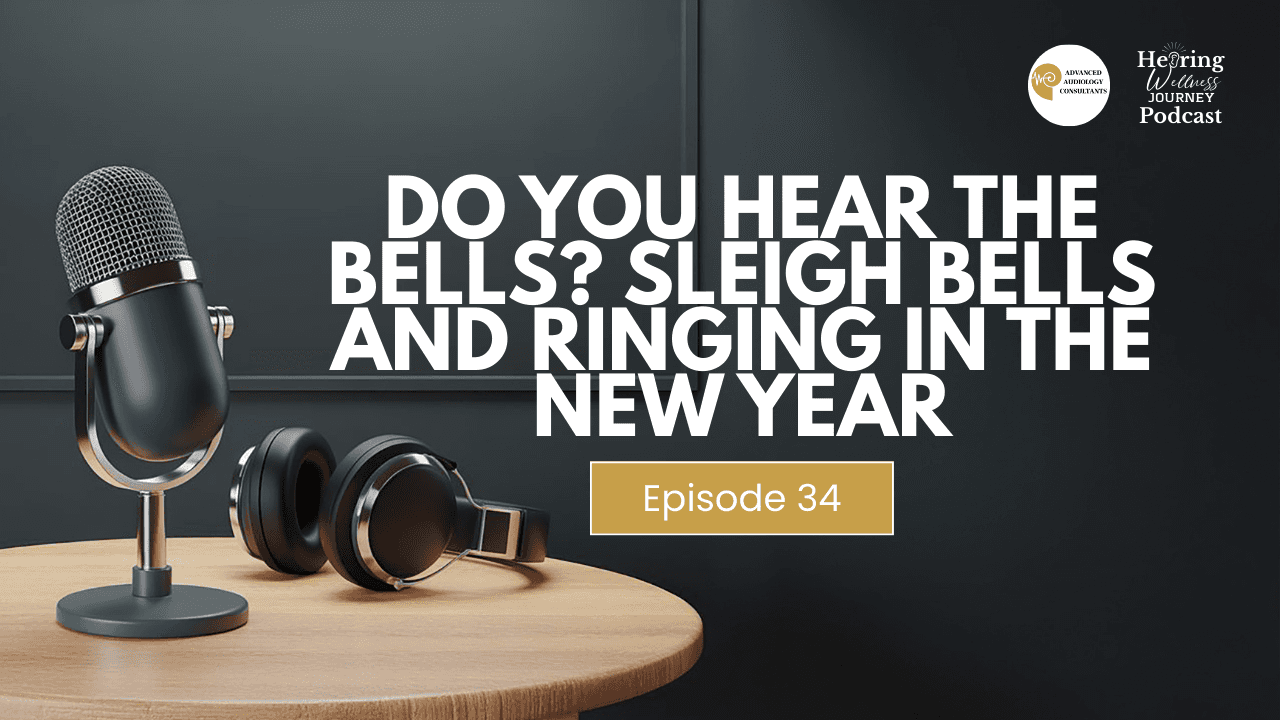Dawn Heiman, AuD
|
Mar 1, 2013
|
2 min read
Guide to Purchasing Hearing Aids
The most important aspect of purchasing a pair of hearing aids is finding the right professional. The audiologist you “hire” should have the knowledge to prescribe and fit your ears with the most appropriate hearing devices (ie. hearing aids). The audiologist spends a number of hours over the first 6 weeks evaluating the hearing, choosing the most appropriate devices, and then programming them to the patient’s ears. In depth counseling is involved as well as follow-up counseling and adjustment sessions to ensure the patient is adjusting to the new sounds appropriately. Continued check-ups, tune-ups, and adjustments are necessary over the years as well. All of this time is not free of charge. It is usually bundled into the cost of the devices, despite the consumer is under the assumption the professional time is free.
You will start to see more and more audiology practices unbundling their services, such as our practice Advanced Audiology Consultants. The act of unbundling the services allows the patient to separate the price of the products from the professional time. Just remember, you don’t simply pay your dentist for the mortor and metal used for your dental work, you are paying for their time and expertise as well.
There are many places who would like to sell you something. Be a savvy consumer and find a reputable practice that stands behind not just the product, but provides incredible service for you and your family. Hearing aids are complicated and learning to understand speech again through corrected hearing can be difficult. Take the time to find the right professional and you will be happy you did!

Dawn Heiman, AuD
Dr. Dawn Heiman is a licensed Illinois Audiologist. She is a Past President of the Academy of Doctors of Audiology (ADA). She is an Adjunct Professor in the Department of Communication Disorders and Sciences program within the College of Health Sciences at Rush University. Additionally, she is a member of the American Academy of Audiology (AAA) and the Illinois Academy of Audiology (ILAA).
Specializing in hearing aids, tinnitus, and central auditory processing disorders.
Popular Blogs

Dawn Heiman, AuD
|
Mar 1, 2013
Does Brain Fog Happen from Hearing Loss or Hormones?
Is your brain fog hormonal or hearing-related? This episode explores brain fog and hearing loss, menopause, auditory processing, and why women often feel unheard despite normal tests.
Read More

Dawn Heiman, AuD
|
Mar 1, 2013
What Does My Hearing Test Mean?
What does your hearing test actually mean once you leave the office? This episode visually breaks down audiograms, speech scores, and listening effort so your results finally make sense.
Read More

Dawn Heiman, AuD
|
Mar 1, 2013
Can Hearing Aids Be Reused and Refurbished or Is It A Risky Gamble?
Secondhand hearing aids can be a powerful gift or a costly mistake. Learn how audiologists safely evaluate, refurbish, and fit reused hearing aids.
Read More

Dawn Heiman, AuD
|
Mar 1, 2013
Do You Hear The Bells? Sleigh Bells and Ringing In The New Year
Holiday stress can make tinnitus and hearing challenges feel overwhelming. This episode shares practical, compassionate ways to manage ringing in the ears and stay present for the moments that matter.
Read More


